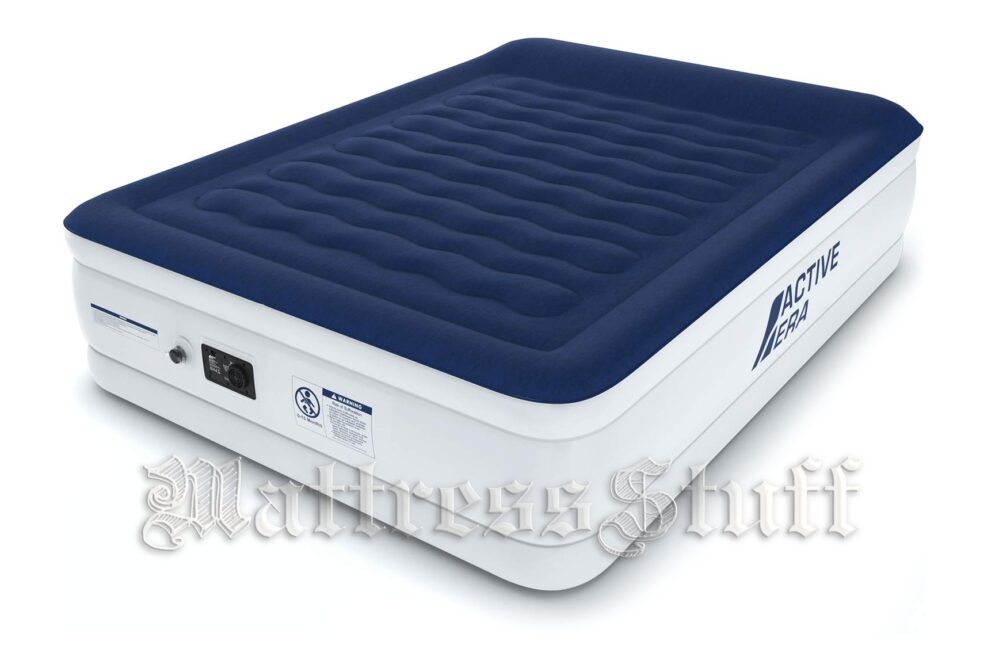
Table of Contents
Mattress Store or Online Retail
There’s been a lot of buzz in the past year about direct-to-consumer mattress companies. These e-tailers have no salespeople, no storefronts, and (supposedly) no extra expense; they exist entirely on the Internet, selling their wares directly from the factory.
While the convenience of buying online has crept into almost every aspect of modern commerce, from clothing to entertainment to groceries, is it really wise to drop hundreds of dollars on an item so vital to your health and wellbeing, sight unseen?
1. The Myth of No Markup
One of the main claims of direct-to-consumer companies is that avoiding ‘the middle man’ (the salesperson in the mattress store) saves money for the consumer by reducing markup. The myth is that if the customer isn’t great at negotiating, they might end up paying more than the item is worth.
However, this works both ways. If the customer arrives at the shop prepared, they’re likely to walk out with a great deal. Salespeople usually work on commission, which means they’re prepared to knock money off the asking price if it means they’ll make the sale. Savvy shoppers can use this to their advantage and walk out with a fantastic product at a fraction of the cost.
2. Customer Service
No matter how much research has been done, most people still feel they need a little guidance when it comes to spending a large sum of money. Not only are mattresses costly but they’re also supposed to last for years. Finding the right kind for a customer’s specific body type, sleep style, health, and wellness is, therefore, essential.
While it may be possible to e-mail or chat online with a representative from the e-tailer, nothing beats being able to have that conversation in person with an experienced salesman. Furthermore, if something goes wrong with the product or the customer needs further assistance, they can always return to the mattress store and find the qualified staff on hand to help.
3. A Range of Options
The main goal of web-based stores is to make the buying process seem simple. As such, most companies offer only one style of bedding in various sizes. This straightforward, no-frills transaction sounds appealing at first, but all bodies aren’t created equal.
Not every consumer will be happy with this stock standard, one-style-fits-most approach. The kind of mattress a person needs depends on a huge variety of factors, including the customer’s age and sleeping position, whether they have any allergies, and the part of the country in which they live.
(A mattress that traps heat is great for cold climates, but not so much for dessert or tropical areas.) Furniture store showrooms offer a variety of options not to confuse the client, but to help them make an investment that will give them the best night’s sleep possible.
4. Try Before You Buy
The biggest benefit to shopping in a physical mattress store is being able to try the bed before making a purchase. Most people don’t feel comfortable parting with large wads of cash without first trying out the bed. While customers aren’t encouraged to spend the night in the showroom, lying down for a couple of minutes still gives a pretty good idea of feel and comfort.
No matter how good the e-tailer’s return policy, direct-to-consumer companies rely on the assumption that most people can’t be bothered to send back a bulky, cumbersome item.
Buying without seeing the item in person is a big risk to take for the sake of a few hundred dollars in savings and that’s assuming the company and their products are legitimate.
At the end of the day, it’s good to have options. It’s nice to know that should one need to order a new bed without leaving the house, it’s possible to do so. However, for some things, an old-fashioned in-person transaction is unbeatable. At the very least, it’s worth swinging by the local mattress store to compare their deals with what’s offered online.







